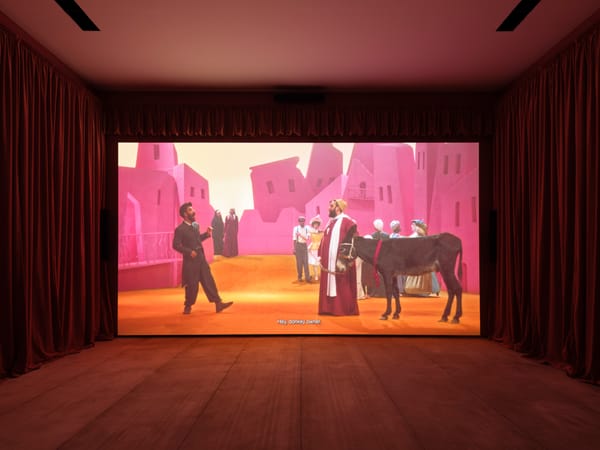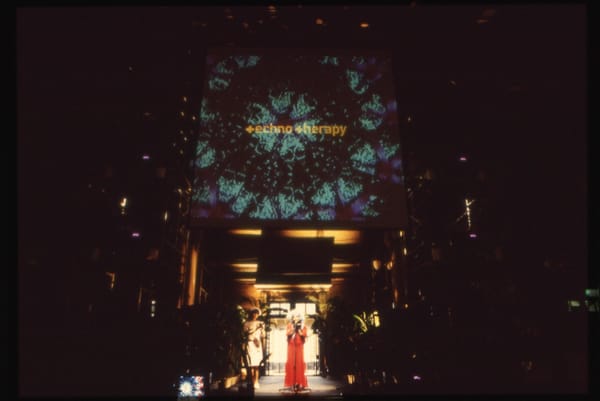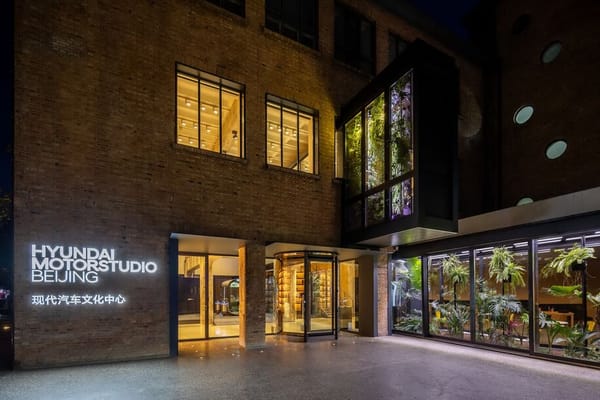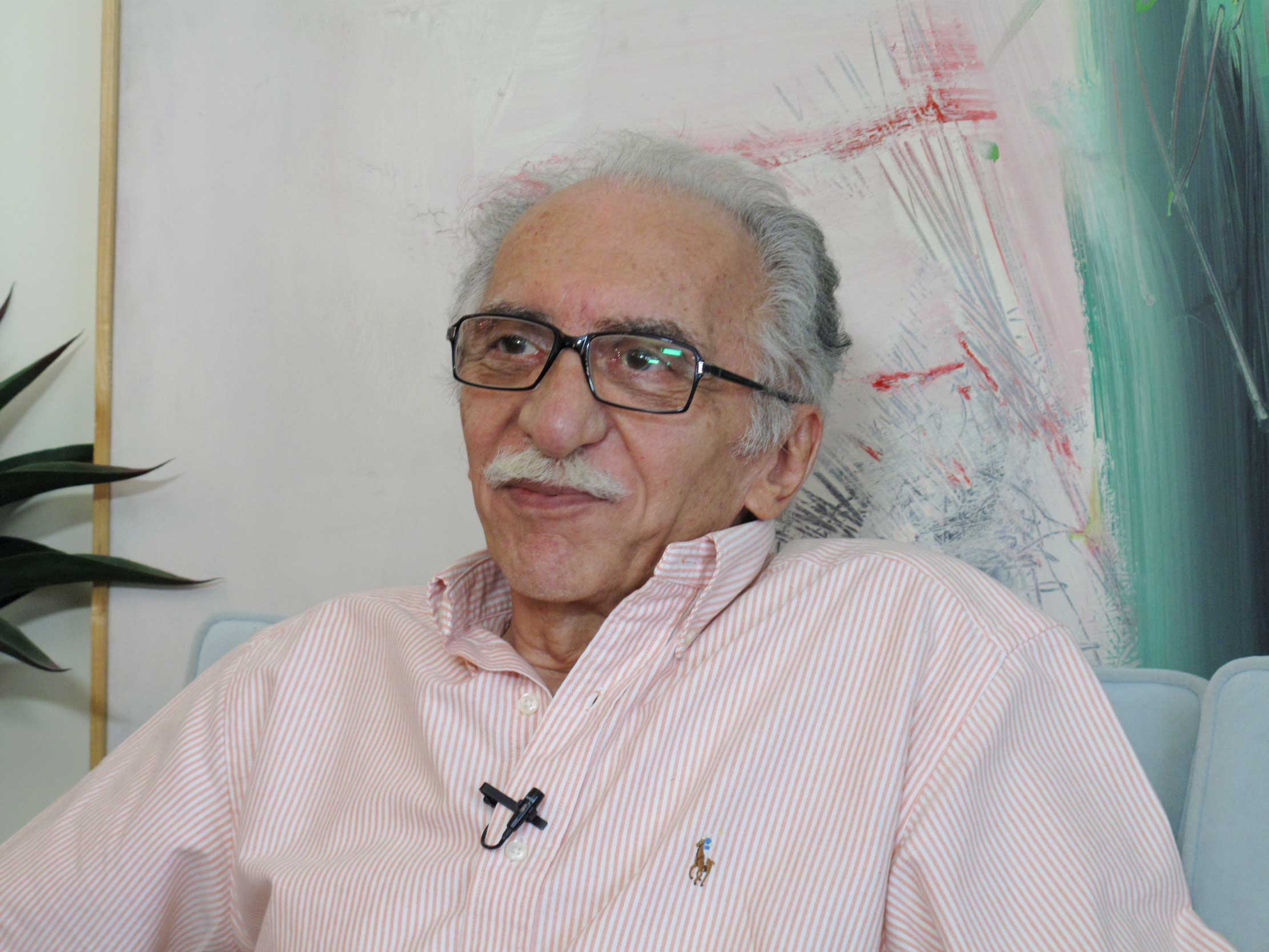Ideas
LEDs Lost in History


Jitish Kallat’s LED text installation, Public Notice 3, currently on display at the Art Institute of Chicago until May 1, doesn’t necessarily add to the beauty of the Institute’s elegant atrium. But it does stir up memories of political and religious turmoil, both long passed and more recent. Punctuating the museum’s restrained palette with thousands of colored dots, Kallat’s installation delivers the young Hindu monk Swami Vivekananda’s seminal inaugural address to the First World Parliament of Religions, in which he introduced “Hinduism and Buddhism while all the time stressing the need for universality and religious tolerance.” The speech was delivered on September 11, 1893, when the Institute was known as the Permanent Memorial Art Palace during the World Columbian Exposition.
Kallat’s illuminated text anchors each step and reads bottom-up, encouraging visitors to climb from stairwell to stairwell to follow the arc of the message. It’s a tidy conceptual project, linking a call for tolerance and brotherhood issued 108 years ago to the anxieties of the post-9/11 era. The LEDs’ somewhat garish color scheme is even reminiscent of the Department of Homeland Security’s terror alert system, which, as it happens, has just been abandoned. There’s a certain urgency to the text—it’s four stops brighter than anything around it and it presumes a sort of airport-signage authority, yet at the same time this makes the work feel a bit naughty and flippant in the refined air of the museum.
The end result is a bit disappointing. As you watch spectators enjoy their approach, take cell-phone pictures and climb up the rows of text, the message of tolerance simply leads onward to the next gallery in the museum. The installation’s delivery of the message lacks the traction to hold anyone’s attention for more than a few moments, and becomes a sort of microcosm of the rollercoaster of history.







